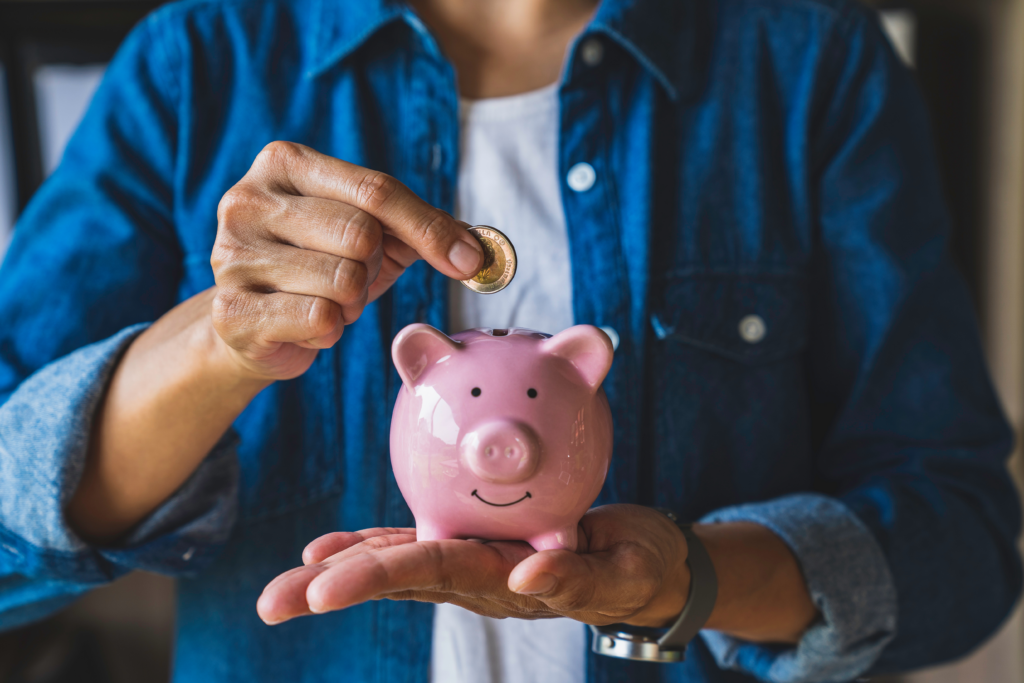How to Check Your Financial Wellness in 3 Simple Steps


How financially healthy are you? Financial wellness isn’t just about how much you make—it’s about how well you can handle expenses, bounce back from setbacks, and still enjoy life.
Taking a few minutes to check in with yourself can help you understand where you stand and where you might want to go next.
The Consumer Financial Protection Bureau (CFPB) defines financial well-being as a state where your financial situation and choices provide you with security and freedom of choice, both now and in the future.
According to the CFPB, you’re financially well if you:
These areas can look different for everyone. But knowing where you stand can help you decide what to work on first.
These questions aren’t meant to score your finances—they’re here to help you take stock of where you stand and where you might want to go next.
If you said yes, you’re in the minority. A Federal Reserve survey found that about one-third of adults would struggle to cover an unexpected $400 cost using cash or savings. If your answer is no, that doesn’t mean you’re failing—it may just mean it’s time to look at where your money is going and start setting aside a small emergency fund.
Even $20 to $50 a month can build a cushion over time. If you’re dealing with debt, getting help to lower or manage payments could free up more room to save.
Healthcare costs can hit hard, especially if you don’t have insurance or face high out-of-pocket expenses. In the same survey, nearly one in five people said they skipped medical treatment in the past year because they couldn’t afford it.
If you’re worried about this, you’re not alone. It may help to look into options like flexible payment plans, community health programs, or setting aside a bit each month for medical needs.
Losing a job can happen without warning. And with nearly two-thirds of Americans living paycheck to paycheck, many households wouldn’t be able to get by without income.
Experts often suggest having enough saved to cover three to six months of expenses—but that’s a long-term goal, not a starting point. If that feels out of reach, aim for one month first. The key is to start, even if it’s small.
If some of your answers made you uneasy, you’re not alone. Many people are working to build more stability in their finances—but it doesn’t happen overnight. Small steps can make a big difference over time.
Here are a few ideas to get started:
Financial wellness is a journey, not a pass/fail test. What matters is that you’re checking in, learning what’s working for you, and adjusting when needed.
Everyone’s financial situation is different, and it’s normal to face challenges along the way. What matters most is staying aware of your habits, setting goals that work for your life, and making small changes that move you in the right direction.
Financial wellness isn’t about being perfect—it’s about making choices that help you feel more secure and in control over time.
The content provided is intended for informational purposes only. Estimates or statements contained within may be based on prior results or from third parties. The views expressed in these materials are those of the author and may not reflect the view of National Debt Relief. We make no guarantees that the information contained on this site will be accurate or applicable and results may vary depending on individual situations. Contact a financial and/or tax professional regarding your specific financial and tax situation. Please visit our terms of service for full terms governing the use this site.

Trying to keep a roof over your head as a single mom is no easy feat. In this season of...

Some employers may not know how big of an issue child care is for their workers. But it’s hard to...

Student loan debt is delaying homeownership and other milestones for nearly one in three borrowers, with even higher impacts on...